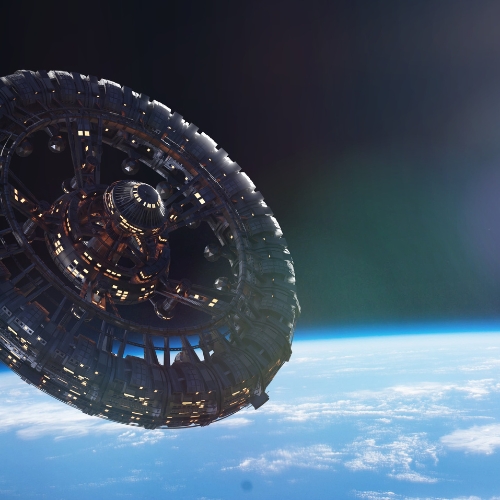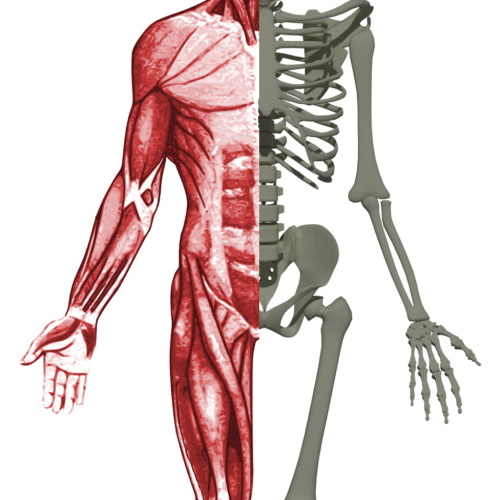Key points from article :
Astronauts during prolonged space travel loose muscle and bone mass.
In 2019, 40 mice were launched to ISS (International Space Station).
This allowed the study author Dr. Se-Jin Lee (Jackson Laboratory for Genomic Medicine, Connecticut) to study muscle loss.
A fragment of receptor (decoy receptor) inhibits binding of Myostatin and traps Activin A.
Upon invivo introduction of the decoy receptor into mice on ISS they retained their muscle mass, and bone density.
Regular mice on Earth given “decoy receptor” recovered space induced bone and muscle mass loss.
“This may help people suffering from disuse atrophy on Earth.” says Lee
“The results suggest that there could be a way to use a drug to protect astronauts from muscle and bone loss” Dr. David Glass.
Dr. Christoph Handschin agrees, but adds “This looks super-promising — if this can be translated into humans.”
This study was reported in Proceedings of the National Academy of Sciences.






